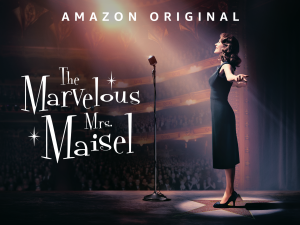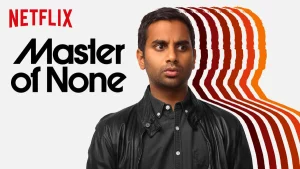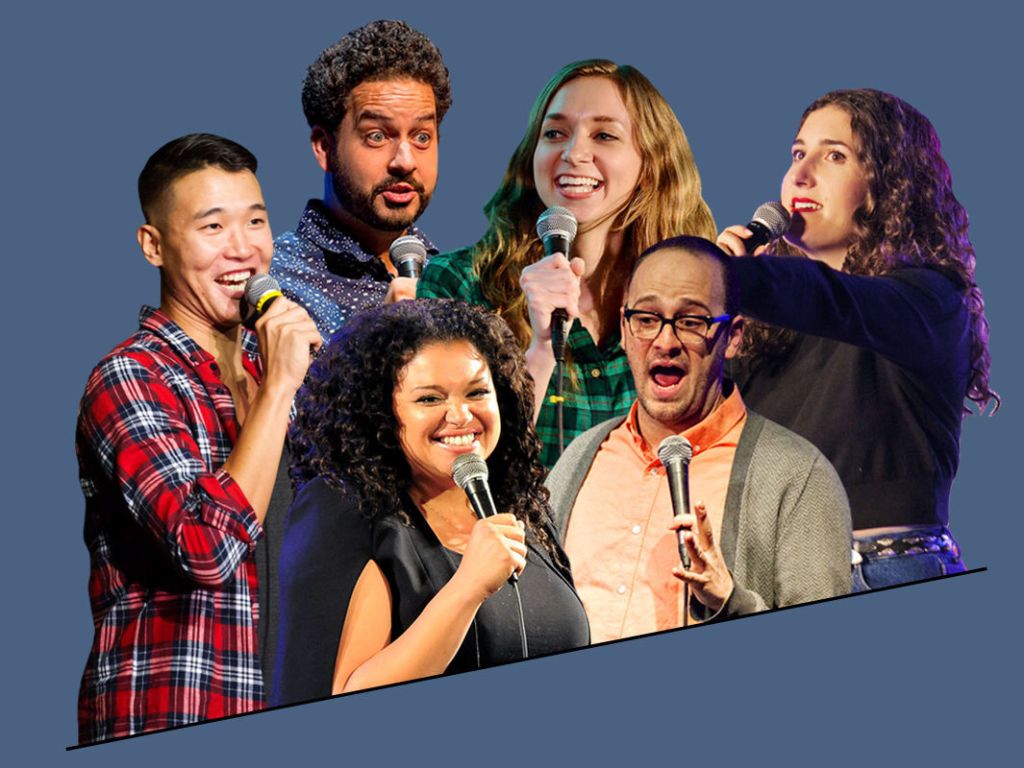Introduction
In the past decade, the entertainment landscape has undergone a seismic shift. The rise of streaming platforms like Netflix, Hulu, Amazon Prime, and Disney+ has transformed how audiences consume content. This transformation is particularly significant for the comedy genre, which has traditionally relied on live performances, television networks, and film studios for distribution. As we look ahead, it’s essential to understand how the future of comedy will evolve in the streaming era.
The Evolution of Comedy: A Brief Overview

-
From Stage to Screen
Comedy has always been a dynamic and adaptive art form. Initially, it thrived on theater stages, with performers like Charlie Chaplin and Buster Keaton bringing humor to the masses through silent films. The advent of television in the mid-20th century introduced comedy to a broader audience, with sitcoms and variety shows becoming household staples. Shows like “I Love Lucy,” “The Carol Burnett Show,” and “Saturday Night Live” set the standard for televised comedy.
-
The Digital Revolution
The late 20th and early 21st centuries witnessed the rise of the internet, which democratized content creation and distribution. Platforms like YouTube allowed comedians to reach global audiences without traditional gatekeepers. Viral videos and web series became new avenues for comedic expression, paving the way for the streaming revolution.
The Streaming Era: A New Frontier for Comedy

-
Diverse Content and Niche Audiences
One of the most significant advantages of streaming platforms is their ability to cater to diverse tastes. Unlike traditional television networks, which often target broad demographics, streaming services can offer niche content that appeals to specific audiences. This flexibility has led to a proliferation of comedy sub-genres, from dark humor and satire to absurdist and cringe comedy.
For instance, shows like “BoJack Horseman” and “The Marvelous Mrs. Maisel” explore complex themes and character arcs while delivering sharp, witty humor. These series might not have found a home on traditional networks but have thrived on streaming platforms.
-
Global Reach and Cultural Exchange
Streaming platforms have a global reach, allowing comedians to connect with audiences worldwide. This international exposure has led to a cross-pollination of comedic styles and cultural influences. British, Australian, and Indian comedians, among others, have found new fans and opportunities through streaming services.
Moreover, this global reach has facilitated cultural exchange, enabling comedians to address universal themes and experiences while incorporating local nuances. Shows like “Derry Girls” and “Master of None” highlight specific cultural contexts while resonating with a broad audience.
-
The Rise of Stand-Up Specials
Stand-up comedy has also experienced a renaissance in the streaming era. Platforms like Netflix have invested heavily in stand-up specials, offering comedians creative freedom and substantial budgets. This investment has resulted in a diverse array of specials, from established legends like Dave Chappelle and Ellen DeGeneres to emerging talents like Hannah Gadsby and Ali Wong.
The accessibility of these specials has democratized stand-up comedy, allowing audiences to discover new comedians and styles. Additionally, the success of these specials has encouraged streaming platforms to continue investing in stand-up, ensuring its prominence in the future of comedy.
-
Interactive and Experimental Formats
The streaming era has also opened the door for innovative and experimental comedic formats. Interactive content, such as Netflix’s “Black Mirror: Bandersnatch,” allows viewers to make choices that influence the narrative. This format has potential applications for comedy, enabling audiences to engage with the content in new and exciting ways.
Furthermore, streaming platforms are not bound by traditional time slots or episode lengths, allowing for greater creative flexibility. Comedians can experiment with different formats, from short sketches to long-form storytelling, without the constraints of network television.
Challenges and Opportunities

-
Navigating Saturation and Competition
While the streaming era offers numerous opportunities, it also presents challenges. The sheer volume of content available can make it difficult for new comedians to stand out. Navigating this saturated market requires strategic marketing, social media engagement, and collaborations with established creators.
-
Adapting to Changing Audience Preferences
Audience preferences are continually evolving, and comedians must stay attuned to these changes. The rise of social media has shortened attention spans, leading to a demand for quick, digestible content. Comedians must balance creating engaging short-form content with developing more in-depth, long-form projects.
-
Addressing Sensitive Topics
The future of comedy also involves navigating the complexities of addressing sensitive topics. In an era of heightened social awareness, comedians must balance pushing boundaries with being respectful and inclusive. This challenge requires a nuanced understanding of cultural dynamics and a commitment to thoughtful, responsible humor.
The Future of Comedy: Where Do We Go From Here?

-
Embracing Diversity and Inclusion
The future of comedy in the streaming era will likely continue to be shaped by diversity and inclusion. As platforms invest in content that reflects a wide range of voices and experiences, comedy will become more representative of the world we live in. This shift toward inclusivity is not just a moral imperative but also a strategic move, as audiences increasingly demand content that reflects their own identities and experiences.
-
Continued Experimentation with Formats
As streaming platforms evolve, so too will the formats in which comedy is delivered. We can expect to see continued experimentation with new forms of content, from interactive comedy experiences to hybrid genres that blend humor with other elements like drama or horror.
Virtual reality (VR) and augmented reality (AR) also hold potential for the future of comedy, offering immersive experiences that could revolutionize how audiences engage with humor. While these technologies are still in their infancy, they represent an exciting frontier for creative experimentation.
-
The Importance of Authenticity
In an era where audiences are increasingly savvy and skeptical of overly polished or manufactured content, authenticity will be key to the success of comedy in the streaming age. Comedians who can connect with audiences on a personal level, whether through relatable humor or raw, unfiltered performances, will likely find success in this new landscape.
As the boundaries between creators and audiences continue to blur, the relationship between comedian and viewer will become more interactive and dynamic. This shift toward authenticity and direct engagement could redefine the traditional roles of performer and spectator, creating new opportunities for connection and creativity.
Conclusion: Embracing the Future
The future of comedy in the streaming era is bright, filled with opportunities for innovation, diversity, and global reach. As streaming platforms continue to evolve, comedians will have new avenues to explore and audiences to engage. By embracing these changes and adapting to new challenges, the comedy genre will continue to thrive and entertain audiences worldwide.
In conclusion, the streaming era represents a new frontier for comedy, offering unprecedented opportunities for creativity and connection. As we look ahead, it’s clear that the future of comedy will be shaped by the dynamic interplay of technology, culture, and audience preferences. By staying adaptable and open to change, comedians can ensure that humor remains a vital and vibrant part of our lives.




